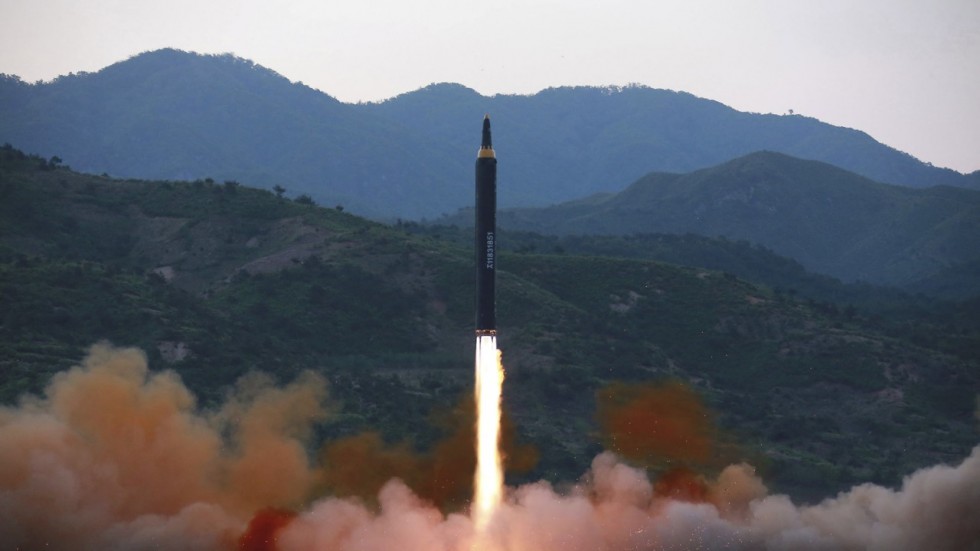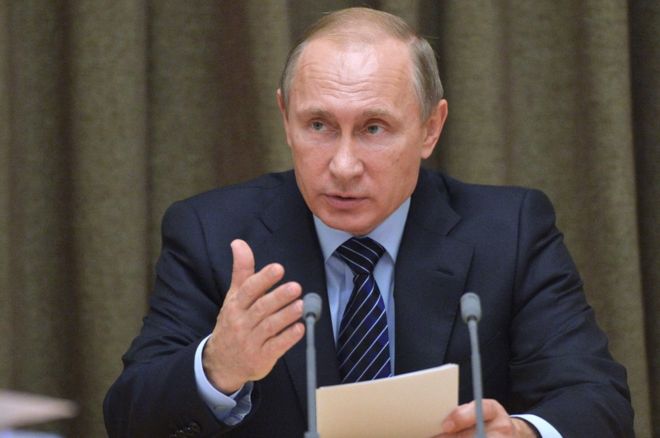North Korea Fires Another Missile Over Japan
South Korea’s military said the missile reached an estimated altitude of about 770km (478 miles) and travelled 3,700km before landing in the sea off Hokkaido.
Japan’s PM Shinzo Abe said his country would “never tolerate” such “dangerous provocative action”.
“If North Korea continues to walk down this path, it has no bright future,” he said in a statement.
US Secretary of State Rex Tillerson also condemned the launch, which contravened UN sanctions.
He put the burden of response on China and Russia, nuclear-armed North Korea’s main economic partners.
“China supplies North Korea with most of its oil. Russia is the largest employer of North Korean forced labour,” he said.
“China and Russia must indicate their intolerance for these reckless missile launches by taking direct actions of their own.”
Minutes after the launch, South Korea fired two ballistic missiles into the sea in a simulated strike on North Korea, reported Yonhap news agency.
President Moon Jae-in held an emergency meeting of his national security council, and warned that North Korea was facing “diplomatic and economic isolation as much as it increases frequency and strength of reckless provocation”.
The South Korean military said the latest launch – the first since sanctions were tightened this week – took place from the Sunan airfield north of Pyongyang just before 07:00 local time (22:00 GMT on Thursday).
As with the last launch, it flew over Japan’s northern Hokkaido island before splashing down in the Pacific Ocean.
Sirens sounded across the region and text message alerts were sent out warning people to take cover.
According to the initial estimates, the missile flew considerably higher and further than the one fired on 29 August, which Pyongyang had warned was only “the first step” in its military operations in the Pacific.
Observers said it was likely an intermediate range ballistic missile (IRBM), though Japanese officials said there was still a possibility it had been an intercontinental ballistic missile (ICBM).




